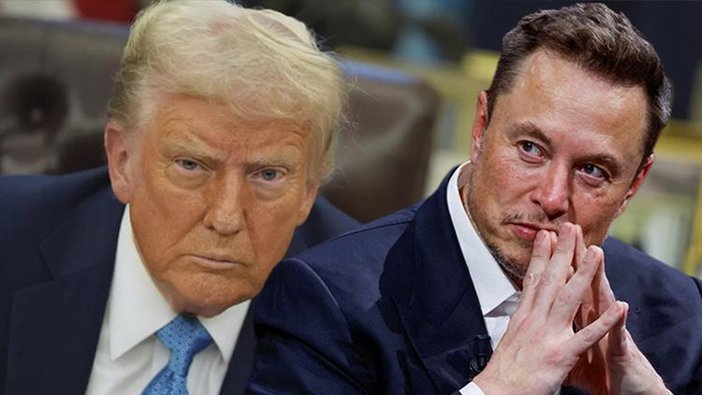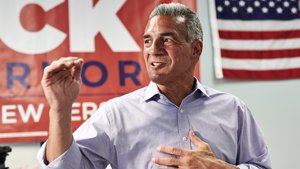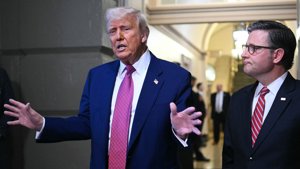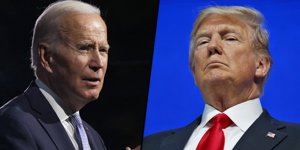
White House Defends Trump Tax Bill
The White House stood firm on President Trump’s sweeping spending bill Tuesday, despite Elon Musk’s scathing remarks calling it a "disgusting abomination" and warning Republicans about its fiscal excess.
Musk Condemns Spending Levels, GOP Leaders Respond
The White House issued a strong defense of President Donald Trump’s favored tax and spending bill Tuesday, even as outgoing Department of Government Efficiency (DOGE) chief Elon Musk publicly intensified his opposition to the legislation. The measure, which passed the House in late May, has become a flashpoint among Republicans concerned about rising federal expenditures.
Musk, who has repeatedly voiced concerns over the bill, posted on X that he "just can't stand it anymore," calling the legislation a “massive, outrageous, pork-filled Congressional spending bill” and a “disgusting abomination.” He added, “Shame on those who voted for it: you know you did wrong. You know it.”
Despite Musk’s criticism, the White House remained resolute. Press secretary Karoline Leavitt responded during a Tuesday afternoon briefing, saying, “The president already knows where Elon Musk stood on this bill. It doesn't change the president's opinion. This is one big, beautiful bill and he's sticking to it.”
President Trump has expressed disappointment with dissenting Republicans, such as Senator Rand Paul of Kentucky, who has signaled he won’t support the bill due to its proposed debt ceiling increase. Still, Trump has avoided direct conflict with Musk, instead focusing on legislative priorities and securing votes.
In a previous CBS interview, Musk said the bill “undermines” the work his DOGE team has done to reduce wasteful federal spending. He cited a lack of alignment between the bill’s allocations and DOGE’s cost-cutting goals. “I was disappointed,” Musk said, warning that the legislation undercuts key reforms.
GOP Pushes Back and Highlights Legislative Strategy
Senate Majority Leader John Thune addressed Musk’s criticism on Tuesday, stating that the bill deals with mandatory spending and not the discretionary items Musk targeted during his tenure at DOGE. “A lot of what Elon was working on was on the discretionary side of the budget, which this doesn't touch,” Thune noted. “But we want to incorporate a lot of the savings that he found.”
Thune also emphasized upcoming legislative efforts that could address Musk’s concerns. He referenced a proposed “rescissions bill” that the White House intends to submit to Congress, which would incorporate cost-cutting ideas and savings identified by DOGE across various agencies.
“We hope to capture a lot of what Elon found,” Thune added, suggesting the GOP still sees value in Musk’s work despite diverging views on the reconciliation bill. He concluded by noting that while there may be a “difference of opinion,” there remains common ground to build on.
As debate continues in the Senate, the bill’s fate may hinge on whether key lawmakers can reconcile fiscal conservatism with Trump’s push for broad legislative wins. The administration is expected to press forward, confident that the measure will withstand internal party scrutiny.






